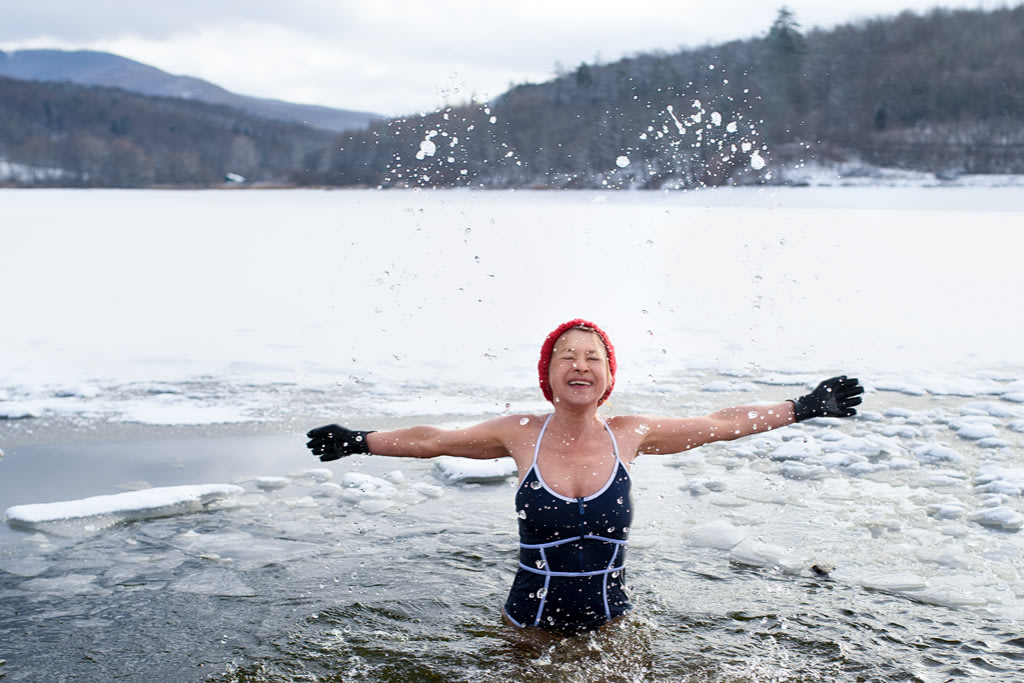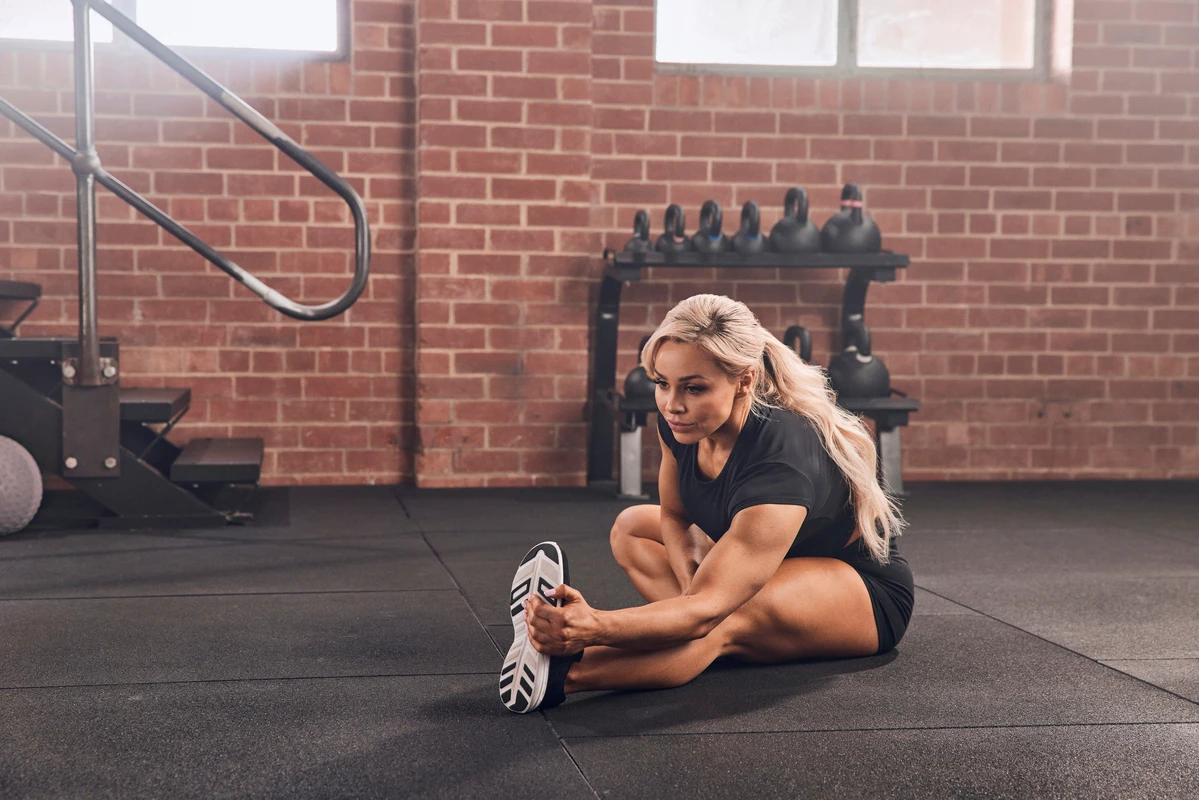Brrrr! Benefits Of Cold Showers And Cold Water Therapy

June 22, 2022 - Updated June 22, 2022

People have been embracing cold water therapy for centuries, but in recent years it’s surged in popularity. Many celebrities, athletes, trainers and health influencers have jumped onboard the cold water bandwagon for its purported health benefits.
For people who shiver at the thought of an icy bath, you might be wondering why on earth would anyone immerse themselves in cold water or want to have a cold shower?
Cold water immersion is believed to support your immune system, boost muscle recovery, reduce inflammation, and improve circulation, energy, sleep, metabolic function and mood. Sounds pretty good, but are these benefits theory, opinion or fact? How cold does the water even need to be? We did some digging to find out!
So, how cold is COLD?
If the water is below 15 degrees celsius, it counts as cold water therapy. This could be in the form of a shower, a wintery outdoor swim, an ice bath, or a cold chamber at specialised facilities.

What does cold water do to your body?
If you’ve ever immersed yourself in cold water or suddenly turned the shower to cold, you’ll definitely know that feeling of icy shock - it really takes your breath away!
Because the water is much colder than your natural body temperature, it shocks your circulatory system to work harder to maintain your core temperature - increasing blood flow around your body, especially your core and vital organs - while constricting the blood vessels close to your skin.
The shock of cold water can also cause a rush of adrenaline or endorphins, which some people find is more effective for energy and mental clarity than a cup of coffee!
In a review of 16 studies in the British Journal of Sports Medicine, cold water immersion for healthy people was associated with increased heart rate, blood pressure, respiratory volume per minute and subsequently, metabolism.
These effects alone (along with the increased levels of oxygen, adrenaline and endorphins which can occur during an icy dip) help explain why so many people find cold water therapy makes them feel better physically, mentally and emotionally.
Some people also find that there are significant mental and emotional benefits simply from overcoming the resistance to the cold, getting out of your comfort zone and doing something challenging.
If it makes YOU feel better, power to you!

Cold water therapy for muscle recovery
When you hurt yourself or have an injury, it’s common to press an ice pack onto the affected area to reduce pain and swelling, and the same principle applies to muscle recovery.
Research from 2012 exploring the effects of post-workout cold water therapy on subsequent workouts showed that although the effects on performance weren’t noteworthy, there were benefits when it came to how participants perceived their recovery when using cold water as a recovery strategy.
A 2016 study investigated the same thing by fatiguing the muscles of participants. They found cold water immersion reduces skin temperature, helps muscle tissues in subsequent exercise, and participants also rated their muscle soreness much lower.
However, it is important to note that this muscle fatiguing process was done with special equipment (as opposed to a real-life workout), so more research is needed.
There is also other evidence that cold water immersion can reduce delayed onset muscle soreness (DOMS) compared to more passive forms of recovery such as rest days.
For many athletes, ice baths are a popular recovery tool, but they definitely aren’t necessary. Stretching, foam rolling, getting enough rest and focusing on post-workout nutrition will also do wonders for your body, or you can always try a cold shower instead!
If you do want to try an ice bath to see how you feel or if your recovery improves, it’s always best to have supervision since it affects your circulation, and to try it at a time when you’re healthy and will be able to warm up slowly afterwards. Immersing yourself in cold water when you feel unwell or will stay cold for hours afterwards can do you more harm than good!

The final verdict
Yes, the effects of cold water therapy on your body are real and can make you feel rejuvenated, awake and happy due to the changes in blood flow and oxygenation. Evidence suggests it can also help with muscle recovery and DOMS, but it’s not a magic pill or an essential part of recovery. There are definitely other ways you can achieve the same results.
A brisk walk outside, some deep breathing, a hug or a good laugh (or even sex!) can do similar things for your circulation, oxygenation and endorphins, and there are plenty of other strategies for muscle recovery such as foam rolling, stretching, hydration and sleep.
Unfortunately, there also isn’t adequate scientific evidence to support many of the other benefits people claim. They could still be true, we just need some more robust research.
If you love cold showers, swims or ice baths for how they make you feel, that’s amazing and we commend your grit, bravery and commitment!
Not into it? No worries! Find your own helpful strategies to boost those feel-good chemicals, care for your muscles, get your blood flowing, and stretch out of your comfort zone every now and then!
Is cold water therapy part of your routine? How does it make you feel? Let us know in the comments!

A more empowered you starts with Sweat, and our editorial team is here to bring you the latest fitness tips, trainer recommendations, wellbeing news, nutritional advice, nourishing recipes and free workouts.
* Disclaimer: This blog post is not intended to replace the advice of a medical professional. The above information should not be used to diagnose, treat, or prevent any disease or medical condition. Please consult your doctor before making any changes to your diet, sleep methods, daily activity, or fitness routine. Sweat assumes no responsibility for any personal injury or damage sustained by any recommendations, opinions, or advice given in this article.
Wellbeing